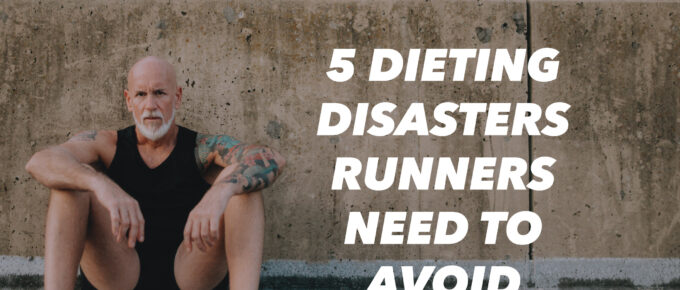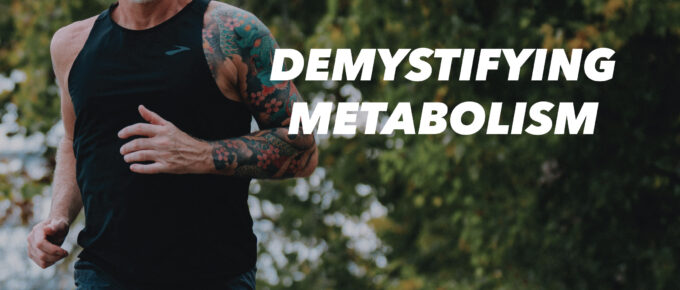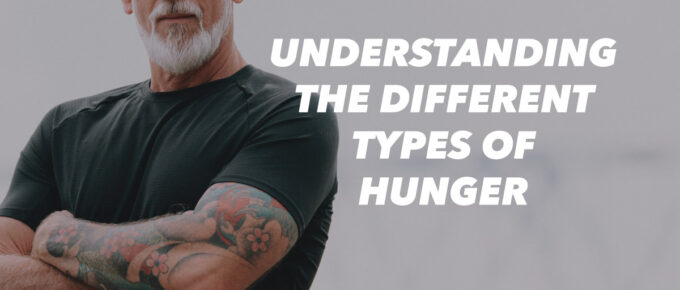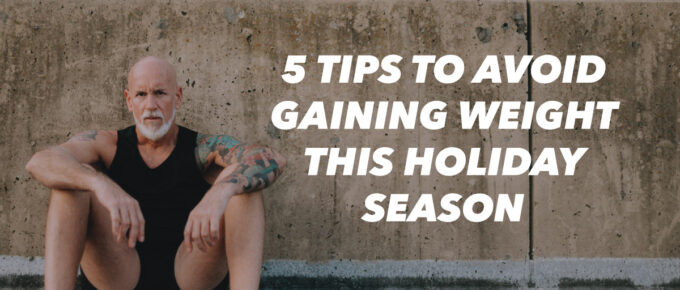When it comes to losing weight, there are many, many approaches you can take - some of them will work while others definitely will not. Runners especially need to be mindful of their approach to …
Continue Reading about 193. 5 Dieting Disasters Runners Need to Avoid →






